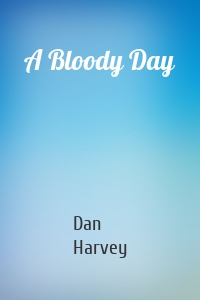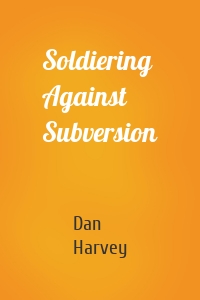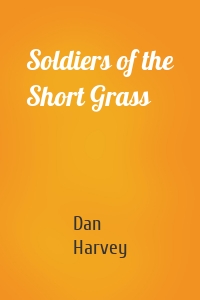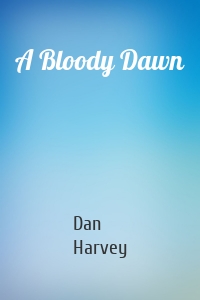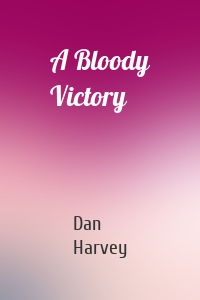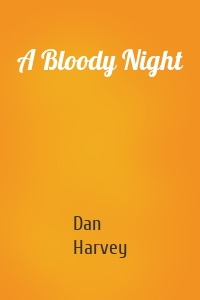Dan Harvey
8 кн.
Into Action
Into Action is the story of the Irish Defence Forces’ role as international peacekeepers since 1960. While primarily posted to uphold the transition towards peace in overseas conflicts, they have at times inevitably been forced to fight back against often aggressive opposition. Dan Harvey’s fascinating and accessible history follows the major military incidents in the peacekeepers’ sixty-year campaign, from Niemba, the Siege at Jadotville, and Elizabethville in the Congo to At-Tiri in Lebanon,...
| Автор | Dan Harvey |
A Bloody Day
Within the grand narrative of the Battle of Waterloo – one that marks the end of Napoleon’s career as conqueror and the beginning of an extended peace in western Europe – little is known of the formidable efforts made by the Irish who supplemented the strength of the British Army and, in no small measure, directed the outcome of this vital moment in the history of the world. Through empirical research, Dan Harvey has delivered a book that reveals the manoeuvres that the Irish mounted against...
| Автор | Dan Harvey |
Soldiering Against Subversion
During a time of high tension, terror and fear, the Irish Defence Forces faced the very real threat of the Irish State being plunged into a savagely sectarian civil war. The southern state faced a breakdown of law and order, severely challenged by manhunts, prison breaks, shoot-outs, kidnappings, bank robberies, subversive training camps, bomb-making factories, illegal weapons shipments, and border operations. Soldiering Against Subversion is the dramatic and previously untold story of the...
| Автор | Dan Harvey |
Soldiers of the Short Grass
This is the first complete history of the Curragh Camp, from its foundation in 1855 to the present day, under both British and Irish occupation. Dan Harvey, a military historian and an experienced senior officer, presents a compelling and fascinating narrative of the camp’s many evocative eras and episodes. This unique establishment has been key in shaping Irish history while being shaped in turn by the great national and international conflicts that it was founded to respond to: the Crimean...
| Автор | Dan Harvey |
A Bloody Dawn
The epic Allied invasion of German-occupied Normandy on D-Day, 6 June 1944, has been extensively chronicled. The largest seaborne invasion in history, it began the liberation of German-occupied France, and later Europe, from Nazi control, laying the foundations of the Allied victory on the Western Front. What is less well known, however, is that thousands of Irish and members of the Irish diaspora were among the Allied units that landed on the Normandy beaches. Their vital participation has...
| Автор | Dan Harvey |
A Bloody Summer
The Battle of Britain, regarded by historians as one of the greatest air battles in the history of warfare, was an early turning point in the Second World War. In the summer of 1940, the German army had, with astonishing speed, mercilessly swept aside all before them and were perched on the northern coastline of France. Outright victory over all of Europe was impeded only by the expanse of the English Channel. The supremely confident, yet-to-be defeated Luftwaffe (German Air Force) were eager...
| Автор | Dan Harvey |
A Bloody Victory
Post D-Day, with the Allies on the newly created ‘Second Front’ driving fast eastwards beyond Paris, and the Russians on the ‘Eastern Front’ pressing westwards, the fervour of the fanatical Fascist Nazi Regime remained undiminished. For the Third Reich it was intolerable to believe that they must now concede. Instead of ending the war and suing for peace, the levels of hostility, hatred, and horror heightened, and the brutality, viciousness and terror increased. The resistance to the Allied...
| Автор | Dan Harvey |
A Bloody Night
The word Zulu means ‘heaven’, but for the suddenly besieged and minute British garrison at Rorke’s Drift, among them a key faction of Irish soldiers, it represented a hellish horde of warriors from the Zulu nation. A Bloody Night documents the terrifying struggle of these Irishmen as thousands of poorly armed but well-trained Zulus unexpectedly hurled themselves in a head-long, deadly onslaught against their hastily barricaded trading station and mission hospital. The battle, a defining clash...
| Автор | Dan Harvey |



